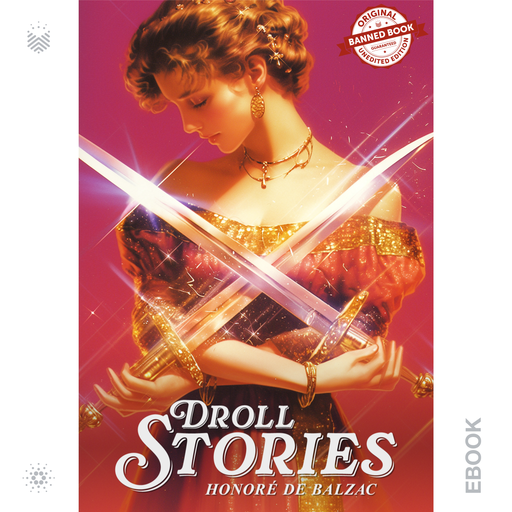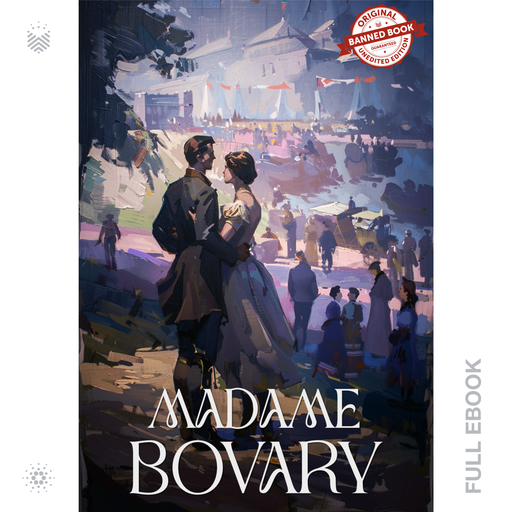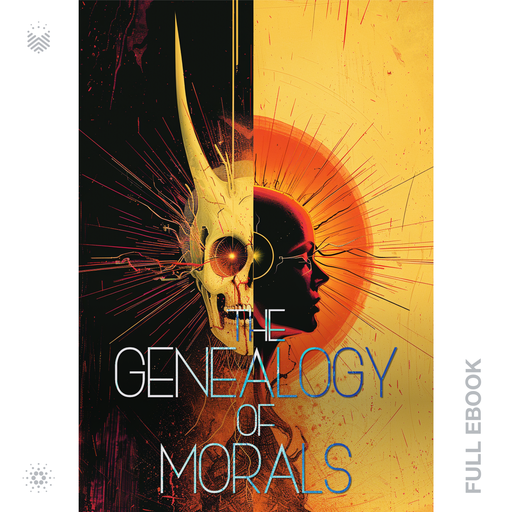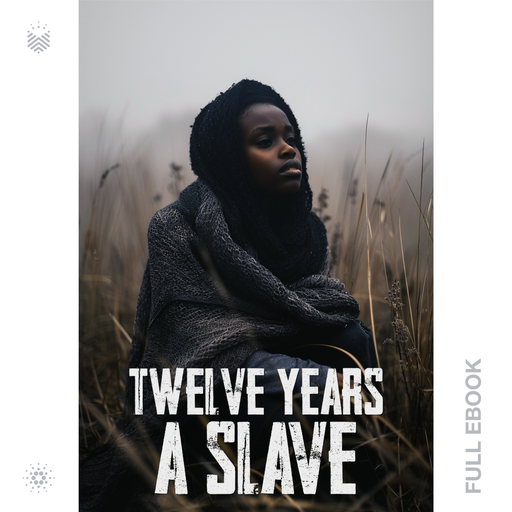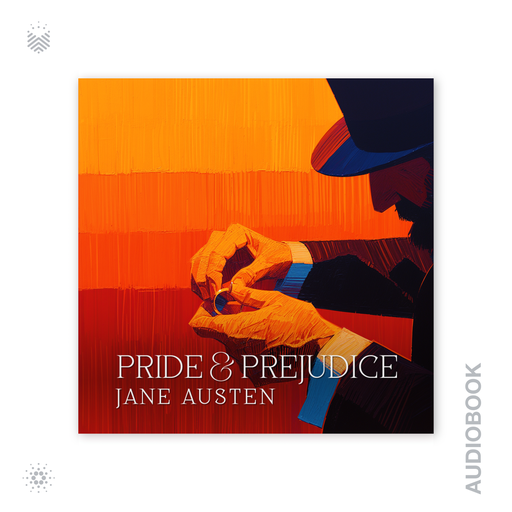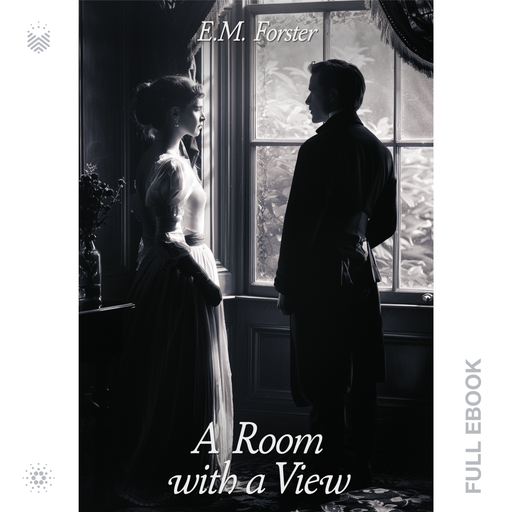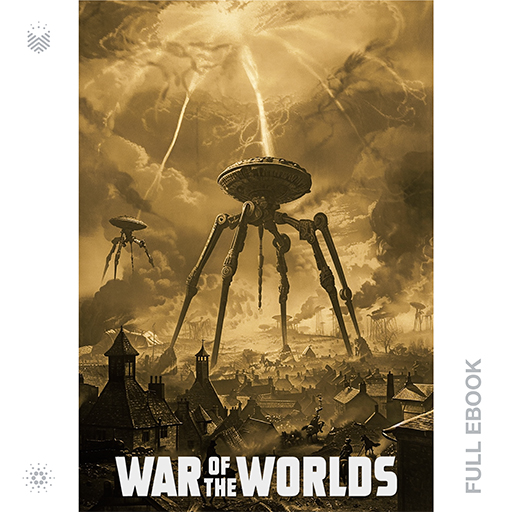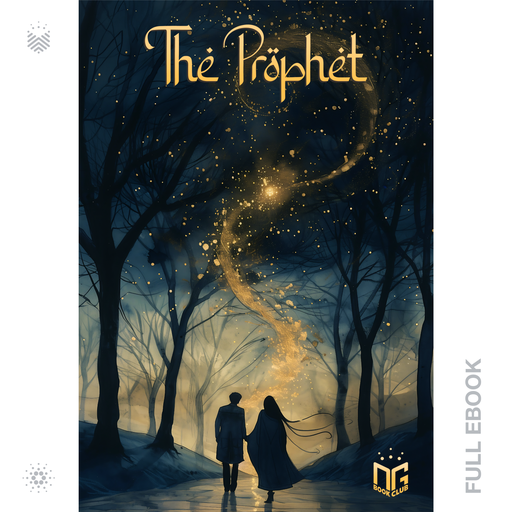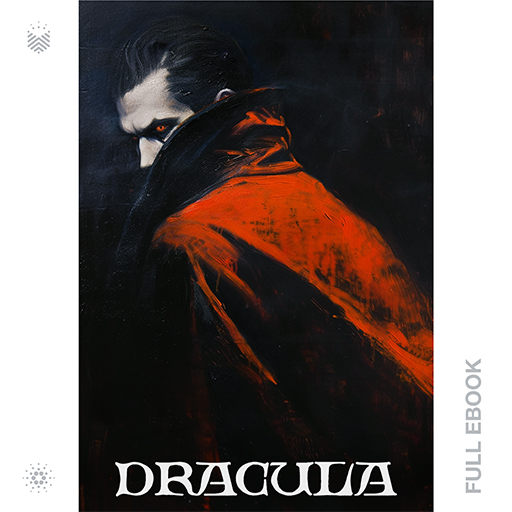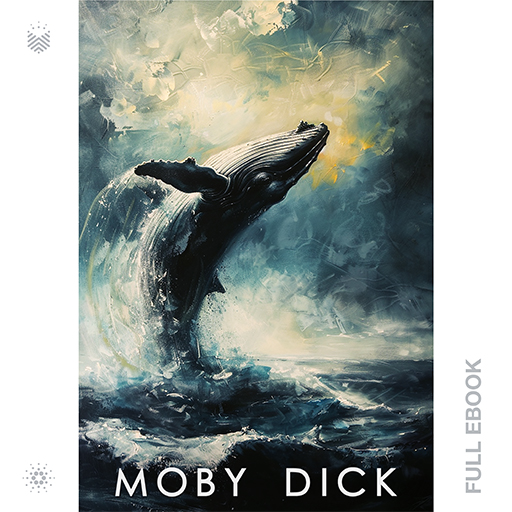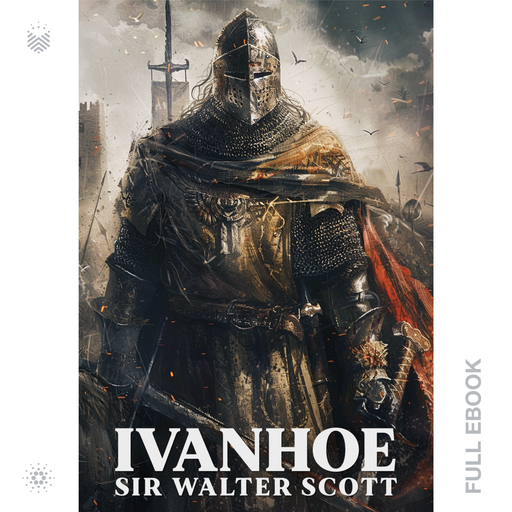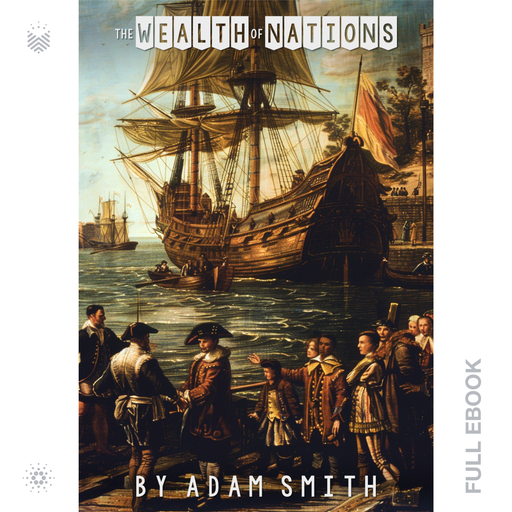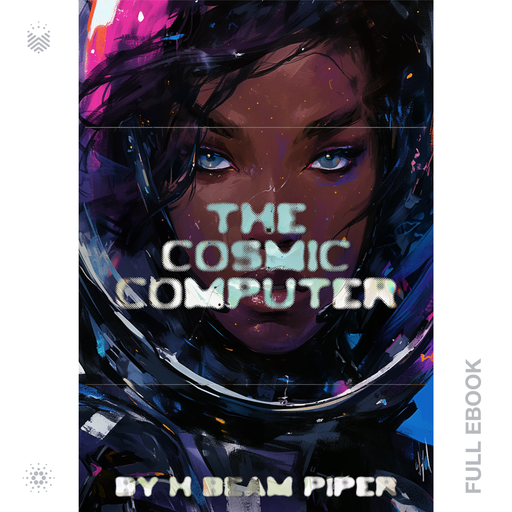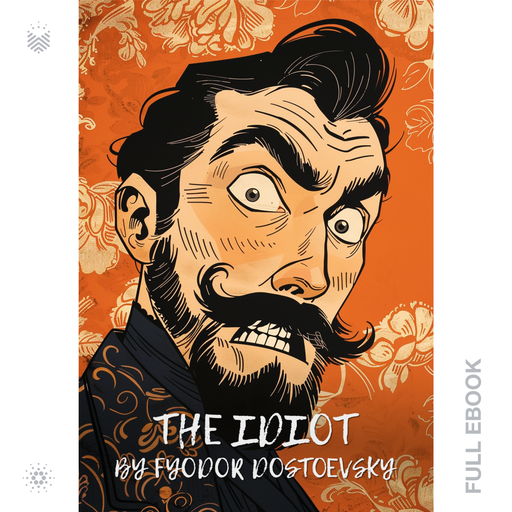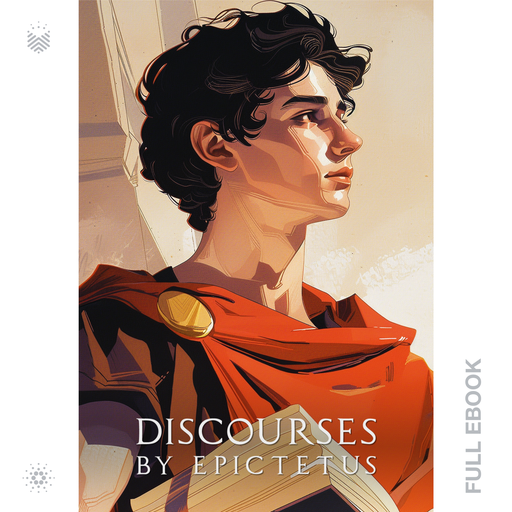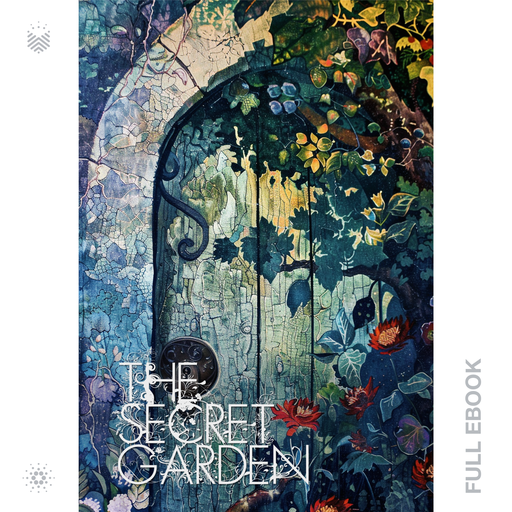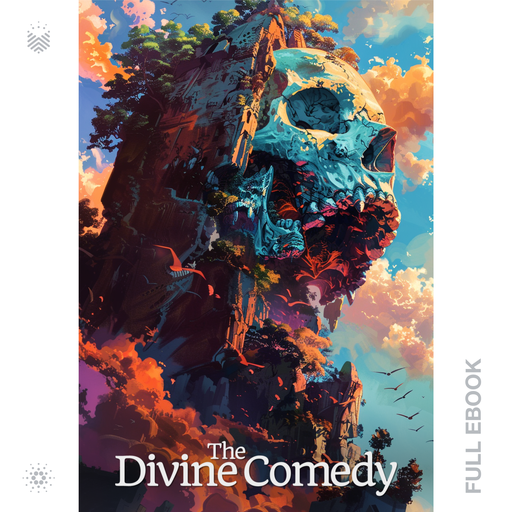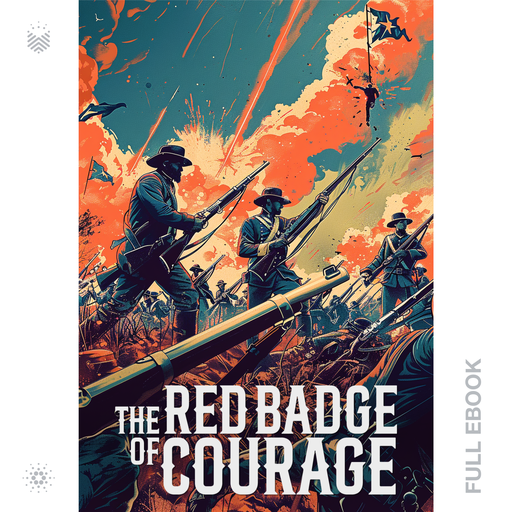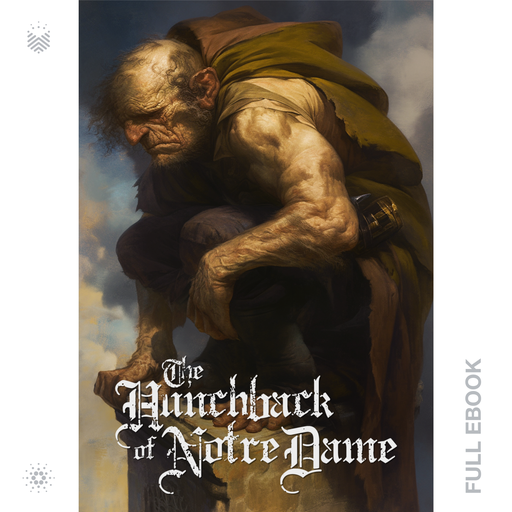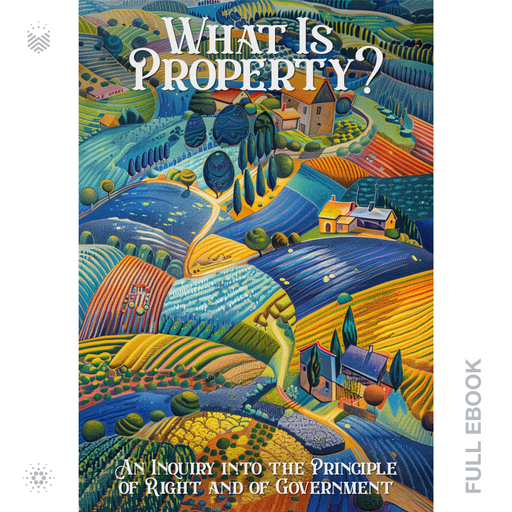by Honoré de Balzac
“Droll Stories” by Honoré de Balzac is a collection of ribald and satirical tales set in medieval France, filled with humor, wit, and irreverence. Balzac, a prolific French novelist and playwright, penned these tales in the mid-19th century as a departure from his more serious literary works, aiming to entertain and amuse his readers with bawdy and risqué narratives. Through a series of colorful characters and outrageous scenarios, Balzac explores the foibles and follies of human n… Read More
by Geoffrey Chaucer
Geoffrey Chaucer’s “The Canterbury Tales” transports readers to the vibrant and diverse world of medieval England, offering a panoramic view of society through the lens of a group of pilgrims journeying to the shrine of Thomas Becket in Canterbury. Written in Middle English in the late 14th century, Chaucer’s magnum opus is a rich tapestry of storytelling, wit, and social commentary. Through a series of interconnected tales told by a colorful cast of characters from vario… Read More
by Gustave Flaubert
Gustave Flaubert’s “Madame Bovary” takes readers on a journey into the tumultuous life of Emma Bovary, a young woman trapped in the suffocating confines of bourgeois society in 19th-century France. As Emma grapples with the monotony of her provincial existence and yearns for a life of passion and excitement, she embarks on a series of ill-fated affairs and reckless pursuits in pursuit of her romantic ideals. Flaubert’s narrative skillfully depicts Emma’s descent int… Read More
by Friedrich Nietzsche
In Friedrich Nietzsche’s seminal work, “The Genealogy of Morals,” readers are plunged into a philosophical exploration of the origins and development of moral values. Nietzsche challenges conventional notions of morality and traces its evolution from its primitive roots to its modern manifestations. With piercing insight and provocative rhetoric, he delves into the psychological, cultural, and historical forces that shape human ethics, offering a radical critique of traditional… Read More
by Solomon Northup
“Twelve Years a Slave” recounts the harrowing true story of Solomon Northup, a free African American man who was kidnapped and sold into slavery in the antebellum South. Through Northup’s own vivid and compelling narrative, readers are transported to the brutal world of plantation life, where human beings are treated as property and subjected to unimaginable cruelty. As Northup struggles to maintain his dignity and humanity in the face of oppression, his story serves as a power… Read More
by Jane Austen
“Pride and Prejudice” by Jane Austen is a captivating novel that immerses readers in the complex social dynamics of early 19th-century England. Austen’s sharp wit and keen observation bring to life the world of the Bennet family, particularly the headstrong and independent Elizabeth Bennet, whose journey forms the heart of the novel. As Elizabeth navigates the intricacies of courtship and marriage in a society obsessed with social status and propriety, readers are drawn into a … Read More
by Laozi
The “Tao Te Ching” is a foundational text in Taoism, an ancient Chinese philosophical and religious tradition, written around 400 BC.
It is a collection of 81 short chapters, each containing poetic and philosophical verses. The text explores the concept of the Tao (Dao), which can be translated as the “Way” or the “Path.” The Tao represents the fundamental and unnameable force that underlies and unifies the universe.
… Read More
by E. M. Forster
In E. M. Forster’s “A Room with a View,” readers are swept into a captivating tale of love, self-discovery, and societal conventions. Through Forster’s vivid prose, we follow the journey of Lucy Honeychurch, a young Englishwoman who embarks on a journey of personal growth and transformation during a trip to Italy. As Lucy navigates the complexities of Edwardian society and grapples with her own desires and aspirations, she finds herself torn between the expectations of he… Read More
by Homer
“The Odyssey” stands as one of the greatest works of classical literature, revered for its rich storytelling, complex characters, and enduring themes. Homer’s epic poem continues to resonate with readers across cultures and generations, serving as a testament to the enduring power of storytelling to illuminate the human experience. As Odysseus’s journey unfolds, readers are reminded of the timeless truths embedded within Homer’s verses, inspiring contemplation on th… Read More
by H.G. Wells
H.G. Wells’ “War of the Worlds” catapults readers into a thrilling tale of extraterrestrial invasion, where Martians descend upon Earth with devastating force. Through Wells’ vivid prose, the reader witnesses the chaos and destruction wrought by the ruthless Martian invaders, whose advanced technology overwhelms humanity’s defenses.
Read More
by Kahlil Gibran
“The Prophet,” written by Kahlil Gibran, stands as a timeless masterpiece that transcends generations with its profound wisdom and poetic beauty. Gibran’s work invites readers on a spiritual journey through the teachings of a prophet named Almustafa, who shares his insights on various aspects of life, including love, marriage, freedom, and death. Gibran’s writing style, characterized by its lyrical prose and profound simplicity, captivates readers, drawing them into a wor… Read More
by Bram Stoker
At the heart of Bram Stoker’s Gothic masterpiece, “Dracula,” lies a chilling tale of terror and intrigue that has captivated readers for generations. First published in 1897, this iconic novel transports readers to the mysterious realms of Transylvania, where the enigmatic Count Dracula lurks in the shadows, preying upon unsuspecting victims.
Read More
by Herman Melville
“Moby Dick” transcends its status as a mere adventure tale, offering profound insights into the human condition and the existential quest for meaning. Melville’s exploration of the oceanic abyss mirrors the depths of the human soul, inviting readers to confront their own fears, desires, and existential uncertainties.
Read More
by Mary Shelley
In “The Last Man” by Mary Shelley, readers are immersed in a future world devastated by a global pandemic, where society has collapsed, and humanity faces extinction. The narrative unfolds through the eyes of Lionel Verney, one of the few survivors struggling to navigate the desolate landscape and come to terms with the loss of civilization. As Verney grapples with the grim reality of his situation, he is forced to confront profound questions about existence, mortality, and the meani… Read More
by Walter Scott
Walter Scott’s “Ivanhoe” thrusts readers into the tumultuous world of medieval England, where chivalry, honor, and political intrigue collide. Set against the backdrop of the late 12th century, the novel follows the adventures of the noble knight Ivanhoe as he returns from the Crusades to find his homeland torn apart by conflict. Through daring feats of valor and a romantic entanglement with the beautiful Lady Rowena, Ivanhoe navigates the treacherous landscape of power struggl… Read More
by Adam Smith
“The Wealth of Nations” by Adam Smith revolutionized economic thought and remains a cornerstone of modern economics. In this seminal work, Smith explores the principles of capitalism, arguing that free markets, competition, and self-interest drive economic prosperity. Smith’s insights into the division of labor, the invisible hand of the market, and the role of government intervention continue to shape economic policy and theory to this day.
… Read More
by H. Beam Piper
“The Cosmic Computer” is a science fiction novel written by H. Beam Piper, first published in 1963. Set in a distant future where humanity has colonized various planets, the story follows Conn Maxwell, who returns to his home planet of Poictesme to find it in decline. Determined to revive the planet’s economy, Conn embarks on a quest to uncover the fabled supercomputer known as Merlin, rumored to hold vast knowledge and power.
… Read More
by Fyodor Dostoevsky
“The Idiot” by Fyodor Dostoevsky plunges readers into the complex world of 19th-century Russia, where protagonist Prince Lev Nikolaevich Myshkin navigates the intricacies of human nature and societal conventions. As Myshkin returns to St. Petersburg after being treated for epilepsy in Switzerland, he finds himself thrust into the midst of high society, where he encounters a cast of characters grappling with their own moral dilemmas and inner demons.
… Read More
by Epictetus
In “Discourses,” Epictetus, a Stoic philosopher, shares timeless wisdom on ethics, personal development, and living a virtuous life. Drawing from his own experiences and observations, Epictetus offers practical advice on how to navigate life’s challenges with resilience and inner strength.
Read More
by Frances Hodgson Burnett
Book.io Con ’24 Exclusive
Frances Hodgson Burnett penned “The Secret Garden,” a timeless classic of children’s literature that first captivated readers in 1911. Burnett’s masterful storytelling transports readers into a world of magic and wonder, where the mysteries of the heart and the miracles of nature converge in a tale that resonates across generations.
Read More
by Dante Alighieri
Book.io Con ’24 Exclusive
Dante Alighieri wrote “The Divine Comedy,” crafting it as an epic poem that stands as one of the pinnacles of world literature and Italian literary tradition. Divided into three parts – Inferno, Purgatorio, and Paradiso – the poem narrates Dante’s journey through Hell, Purgatory, and Heaven, respectively.
Read More
by Stephen Crane
Book.io Con ’24 Exclusive
In “The Red Badge of Courage,” written by Stephen Crane, readers are thrust into the heart of the American Civil War, where they witness the transformation of a young soldier named Henry Fleming. As Henry grapples with fear, uncertainty, and the brutal realities of war, he embarks on a journey of self-discovery and redemption. Through Henry’s eyes, readers are immersed in the chaos and turmoil of battle, experiencing the horrors and triumphs of war a… Read More
by Victor Hugo
Book.io Con ’24 Exclusive
Victor Hugo’s “The Hunchback of Notre Dame,” first published in French in 1831 as Notre-Dame de Paris, captivating readers with its vivid portrayal of medieval Paris and its unforgettable cast of characters. At the heart of the narrative is Quasimodo, the hunchbacked bell-ringer of Notre Dame Cathedral, whose life becomes intertwined with that of the beautiful and enigmatic Esmeralda, a gypsy girl.
… Read More
by Pierre-Joseph Proudhon
“What Is Property?” by Pierre-Joseph Proudhon is a foundational work in political philosophy, challenging conventional notions of ownership and advocating for social equality. Published in 1840, it sparked debates on property rights and economic justice.
Read More

